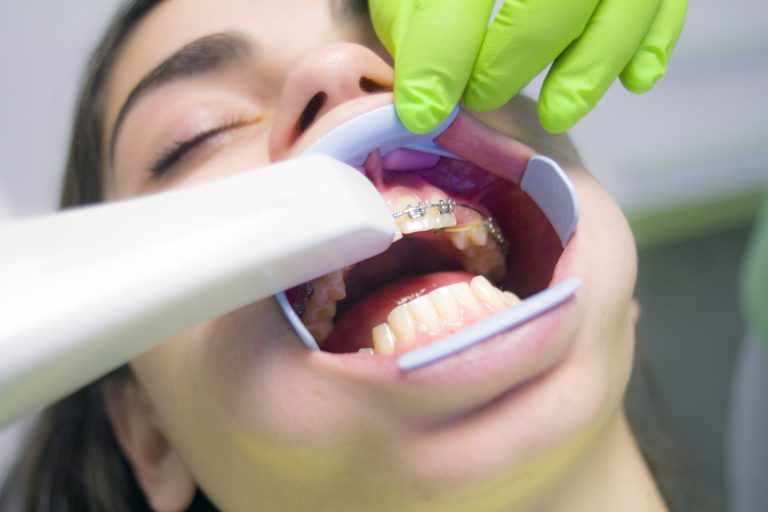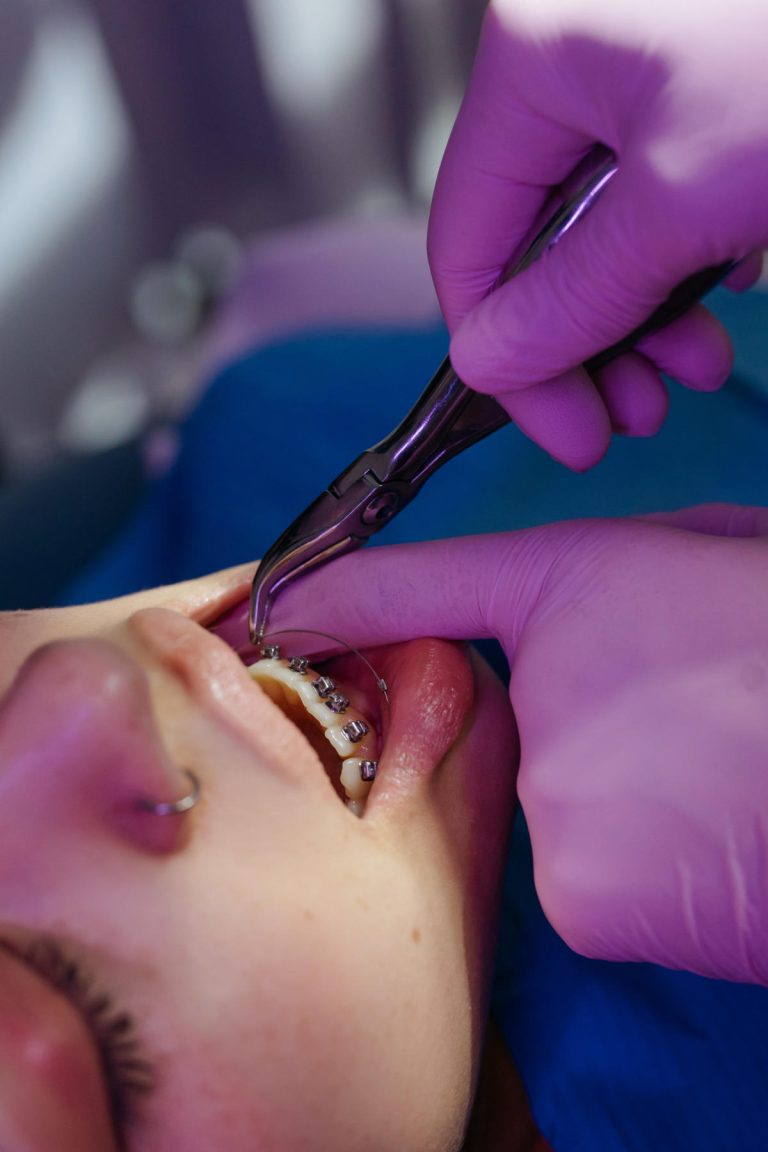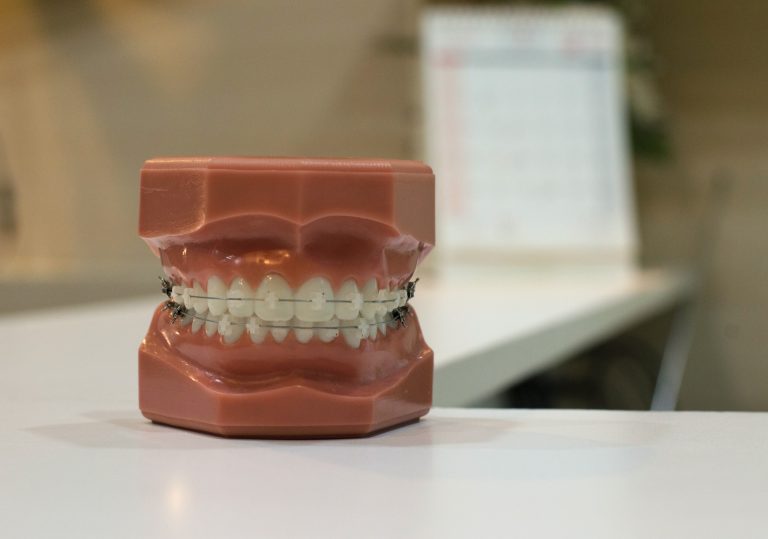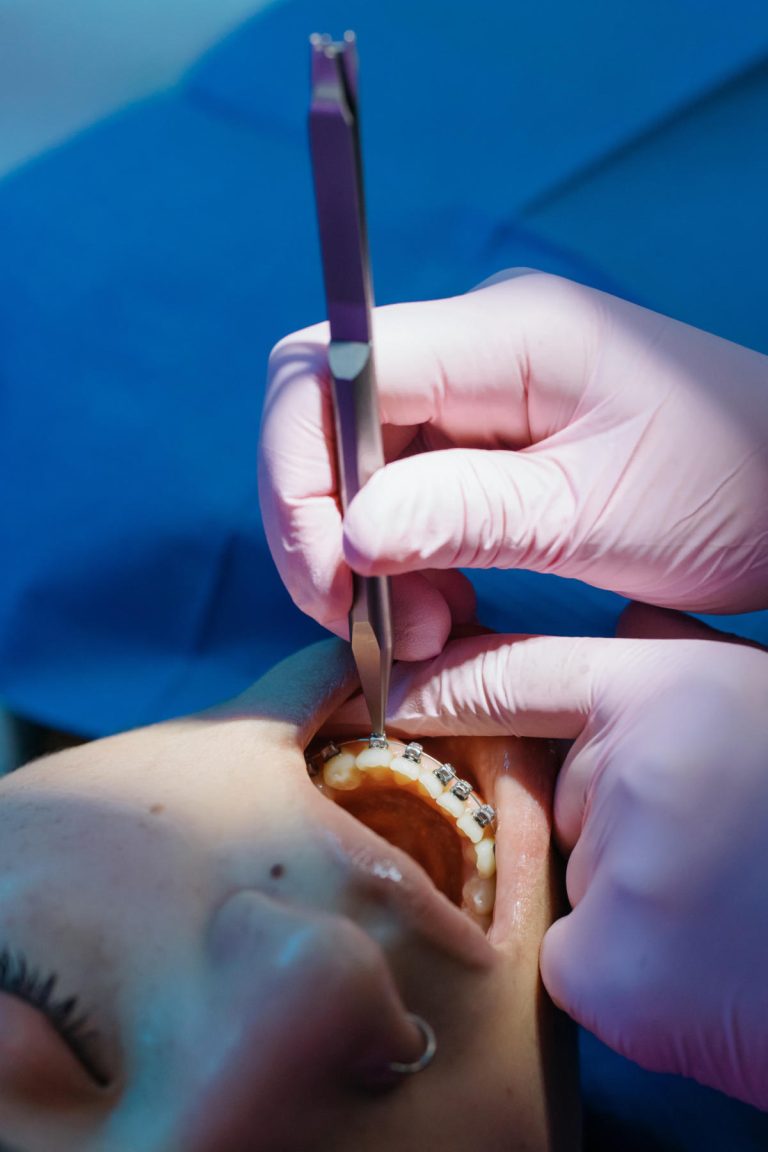To ensure strong and functional teeth, healthy Enamel is important.
Some people might assume that a tooth is just a piece of solid material. Although it may seem this way at first glance, a tooth is much more complicated than that and is made up of a number of structures, including the tooth’s roots, which contain a soft pulp material that contains very tiny blood vessels and nerves, as well as the tooth’s enamel and a softer layer beneath it.
Tubules located within the dentin layer of the tooth, which is located beneath the enamel, are in charge of relaying information about the sensations felt in your teeth. This is important because it keeps us from biting too hard and damaging our teeth.
All tooth areas are vulnerable to issues, but the enamel, the tooth’s exterior coating, needs to be strong and undamaged in order to avoid complications from occurring. Other issues can typically be avoided as long as it stays that way. As a service to our patients, your Glasgow neighbourhood dentists have created a guide to assist you in maintaining healthy and strong tooth enamel.
Brushing
The most obvious and possibly most significant action you can take to protect your dental enamel is brushing your teeth at least twice a day. Proper brushing will help to protect your teeth. Always use a brush with bristles that are no older than three months old, brush for two minutes twice a day, and drink nothing after your night time brushing (aside from water). Avoid brushing too vigorously as this can harm your teeth by wearing down the enamel. Also, using fluoride toothpaste helps to protect the enamel by strengthening it.
Flossing
A great deal of tooth decay begins in those tiny spaces that we may find difficult to reach with our toothbrushes. Food particles and bacteria can more easily gather and begin to eat away at the enamel because a brush’s bristles can’t get in there very well. While there are easy ways to help with this, like rinsing the mouth out with water after eating to get rid of some of the dirt, using dental floss is the most efficient way to do so. We urge you to proceed and not get discouraged by the task’s apparent difficulties. Ask the dentist or oral care hygienist at South Side Dental Care if you are having trouble using it. They will be happy to demonstrate how to use it properly for you.
Damaged Tooth Enamel due to Acidic foods and drinks
Although acidic foods and beverages have always been harmful to our dental enamel, the unfortunate truth is that they are now more freely available than ever. Our teeth are on the verge of collapse due to the widespread use of “energy” and “sports” drinks that are loaded with sugar and acidic components. We strongly advise you to stay away from these drinks as much as possible because younger people are more at risk. If you have one occasionally, it might not do much harm, but if you consume them frequently, you run the risk of developing enamel erosion, which can make your teeth more prone to a variety of problems that we shall discuss in a moment. Remember that water is the healthiest beverage you can have, and you should try to limit your intake of sports or soft drinks.
Drinking water to decrease the likelihood of Dry mouth
Water is your buddy, as previously stated. In addition to being necessary for survival, it is important in maintaining good oral health. It not only keeps you well-hydrated but also works effectively as a substitute for drinks that are bad for your teeth. A dry mouth might result from not being hydrated. This is troublesome not only because saliva would otherwise be generated to wash away food particles and bacteria, but also because bacteria like a warm, dry environment, and if this happens, your risk of developing gum disease increases.
When your Enamel is at risk
What could happen if the enamel on your teeth weakens or is damaged? In addition to having rough surfaces that make it easier for staining substances to stick to them, enamel erosion can also result in tooth loss.
Tooth Decay
This is the most obvious one, and many of you have undoubtedly already had a tooth repaired. Although many people just need the tiniest fillings, some may have substantial decay and may need deep fillings, crowns, or even extraction when the tooth’s diagnosis is too poor.
Tooth Sensitivity
A tooth’s inner portion is exposed to hot and cold sensations due to eroded enamel, which can be extremely painful. Although prevention is undoubtedly the best option, in some cases this may necessitate procedures like the placement of porcelain veneers to restore the teeth.
Infection on the tooth’s roots
Regular tooth decay can still happen if the enamel is compromised, but if the bacteria get to the tooth’s roots, you almost surely need a root canal to fix the problem. Despite the fact that this treatment is not something to be afraid of, as so many patients seem to believe, it is recommended to avoid this technique because the nerves are removed during the procedure, leaving you with a tooth that is effectively “dead”. The tooth will still be preserved, but since it won’t feel anything, you’ll need to be careful not to chew your food aggressively.
Visit your dental hygienist regularly
Of course, you will need to keep visiting our Glasgow dental office for regular checkups, and we highly advise scheduling hygienist appointments as well. You should be able to maintain strong and healthy tooth enamel by following the advice above.





